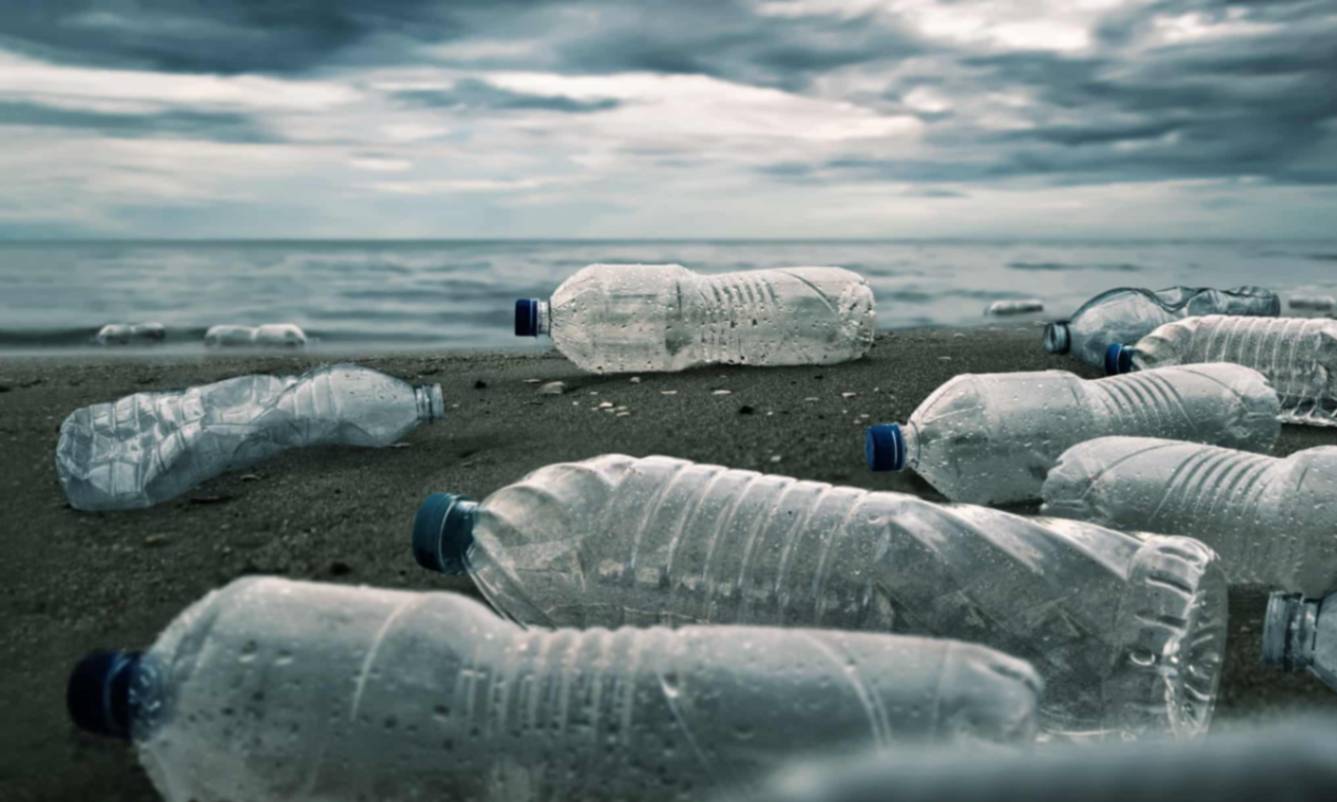How ‘super-enzymes’ that eat plastics could curb our waste problem
Beaches littered with plastic bottles and wrappers. Marine turtles, their stomachs filled with fragments of plastic. Plastic fishing nets dumped at sea where they can throttle unsuspecting animals. And far out in the Pacific Ocean, an expanse of water more than twice the size of France littered with plastic waste weighing at least 79,000 tonnes.
The plastic pollution problem is distressingly familiar, but many organisations are working to reduce it. Alongside familiar solutions such as recycling, a surprising ally has emerged: micro-organisms. A handful of microbes have evolved the ability to “eat” certain plastics, breaking them down into their component molecules. These tiny organisms could soon play a key role in reducing plastic waste and building a greener economy.
The scale of the problem
As a species, we make an enormous amount of plastic. In 2020, the most recent year for which we have data, 367m tonnes were produced globally, according to trade association Plastics Europe. This represented a slight decline compared with 2019, when 368m tonnes were made, but that was probably because of the Covid-19 pandemic: production had previously increased almost every year since the 1950s. A 2017 study estimated that 8.3bn tonnes of plastic had been made in total.
